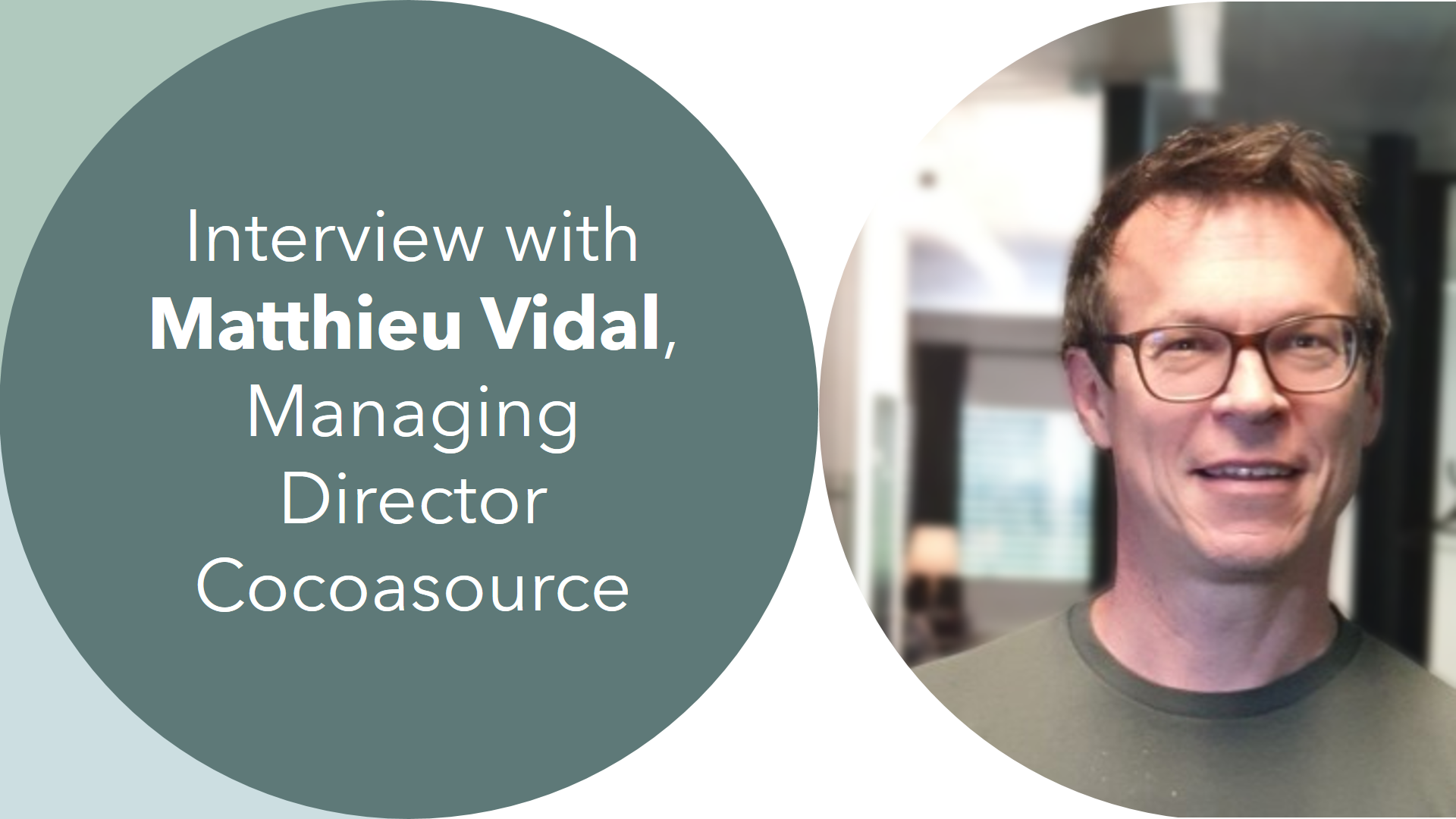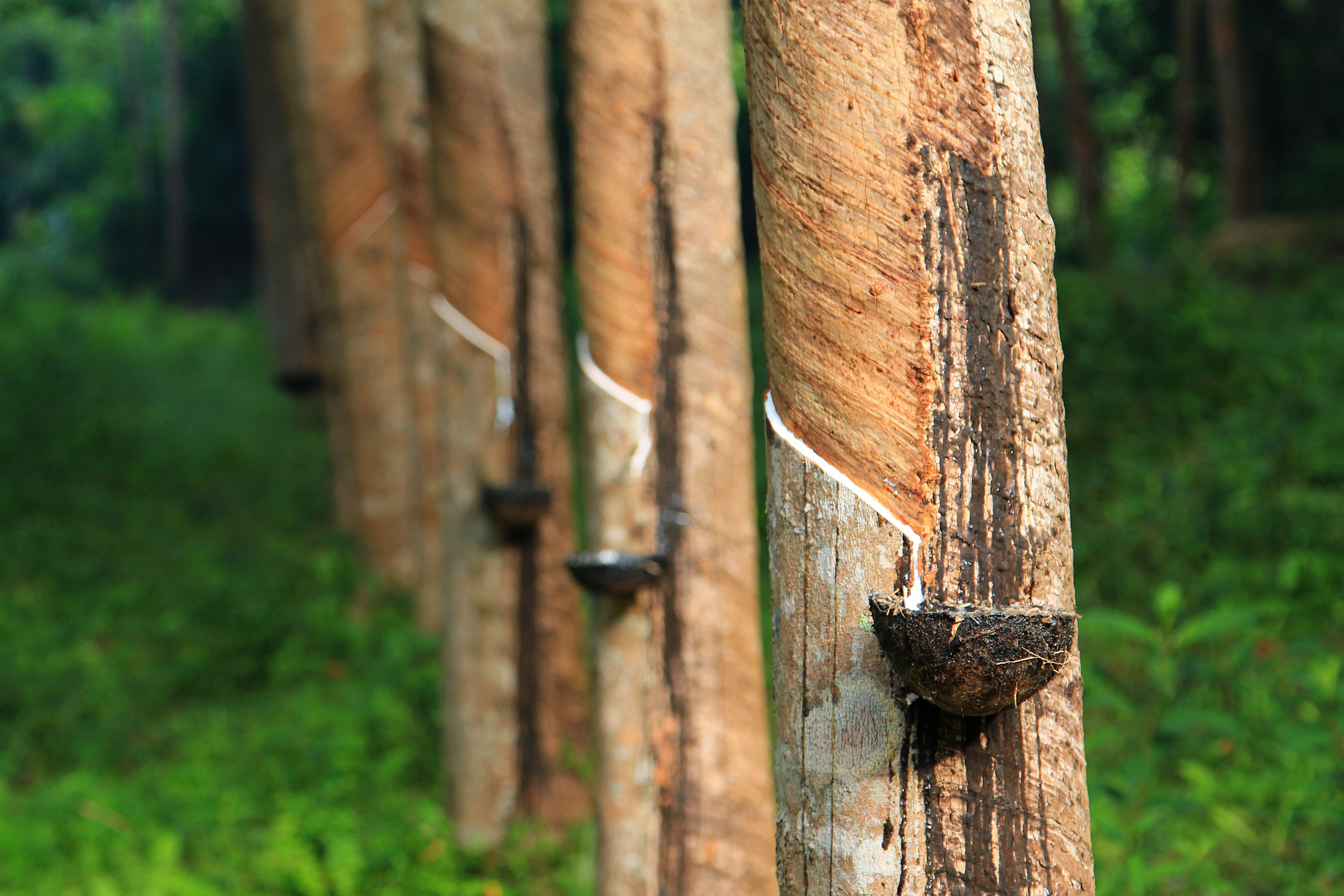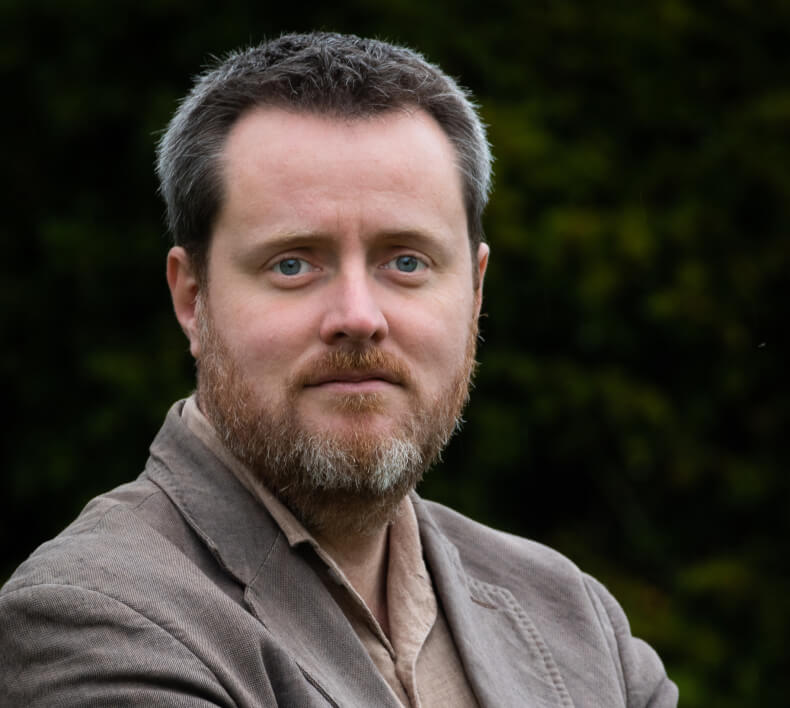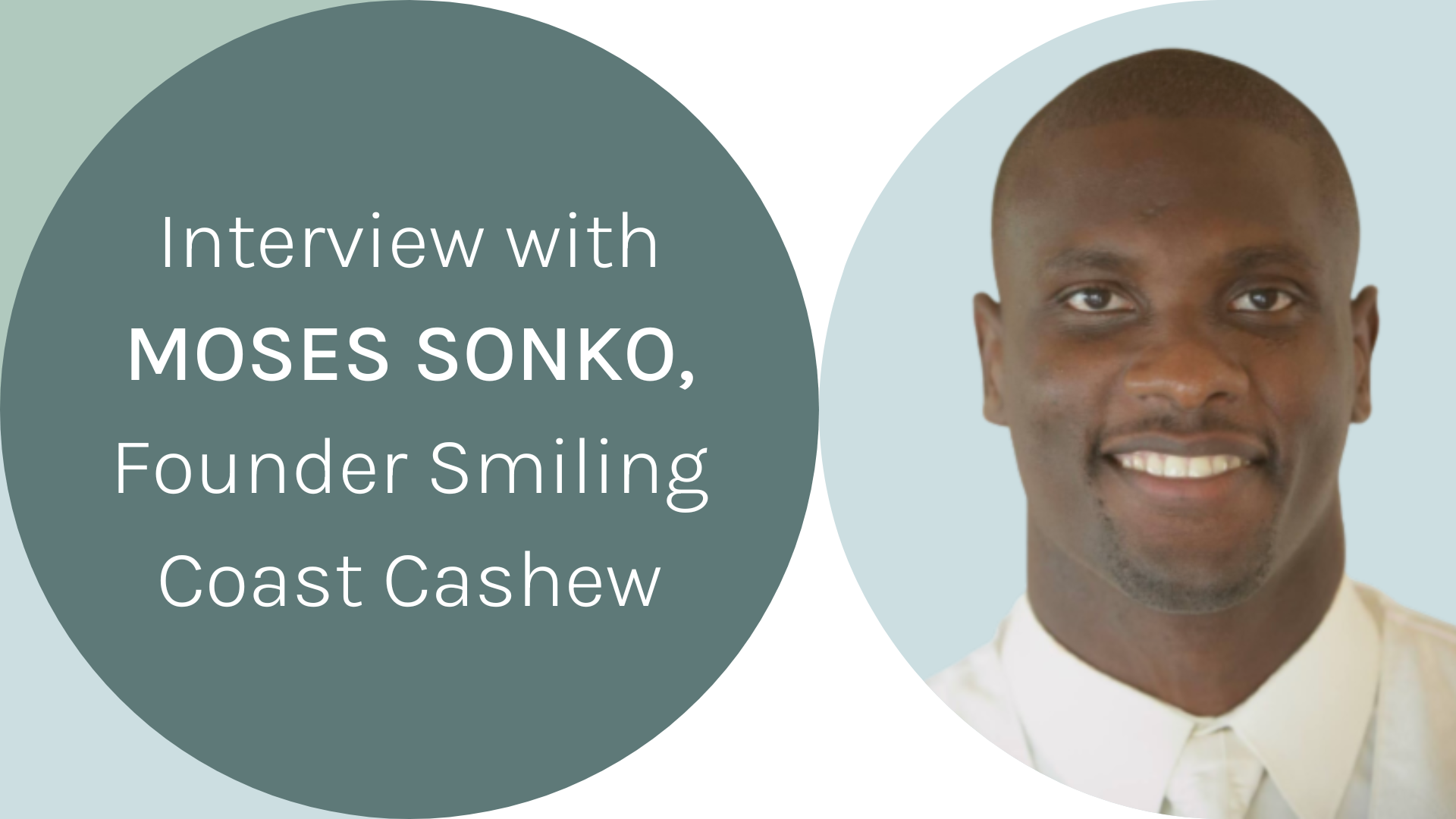Last year we helped COCOASOURCE with the development of a business plan for a rubber processing facility in Ivory Coast. At the end of the year we met up with Matthieu Vidal, Managing Director of Cocoasource, for an interview.
Since its foundation in 2007, Cocoasource has developed sustainable value chains in cocoa, cashew, rubber and sesame with sourcing operations in six African countries. To further increase the impact and transparency of its rubber value chain, the company decided to move into processing and build a factory. Read on for an interview with Matthieu, on the main challenges he faced in developing a plan.

Harm (P3rsist): Hello Matthieu, thank you for talking to us today. What is driving Cocoasource’s ambition to set up a sustainable rubber factory in Ivory Coast, especially as you’re in the midst of securing funds for the project?
Matthieu (Cocoasource MD): Hi Harm! Our goal at Cocoasource is to create a cutting-edge rubber factory in Ivory Coast that not only meets global standards but also reflects our commitment to sustainability and responsible manufacturing. We already source rubber cuplumps in Ivory Coast and trade in rubber blocks processed by third parties which we sell mainly to tire manufacturers. We see huge potential in the region and want to build a factory that not only boosts the local economy but also sets new benchmarks in being eco-friendly and socially responsible. A local factory would complete our vertical integration and ensure even more transparency and sustainability for our clients in tire manufacturing.
Harm: That sounds exciting! What are the main challenges you’re facing in terms of getting funding for this project?
Matthieu: Funding a project of this scale is definitely a challenge. Investors want to see a solid, well-thought-out plan that proves the project’s viability and profitability. Plus, being newcomers to manufacturing in Africa, gaining investor trust is vital. We need to show not just the factory’s potential but also our ability to handle the unique challenges of the region.
Harm: How has P3rsist been helping Cocoasource tackle these challenges and put together a compelling business plan to attract investors?
Matthieu: P3rsist has been a trusted partner in this journey. They’ve given us invaluable insights and expertise in creating a business plan that investors find compelling. Their deep understanding of factory operations in Africa has helped us build a solid financial model, making our pitch more convincing. With P3rsist’s guidance, we feel more confident and our pitch to investors is compelling and persuasive.
Harm: Could you share some specific ways P3rsist has contributed, especially in terms of emphasizing sustainability and responsible manufacturing practices?
Matthieu: Absolutely! P3rsist’s expertise in sustainability has been key. They’ve challenged our numbers on the foreseen water use of the factory and helped establish strategic investment priorities for our environmental efforts. By integrating these into our plan, we’re not only attracting socially conscious investors but also setting the stage for a factory that will be a beacon of sustainability in the industry.
Harm: Looking ahead, how do you think this sustainable rubber factory will impact Cocoasource’s business and the local communities in Ivory Coast once the funding is secured and the factory is up and running?
Matthieu: Once the funding is in place and the factory is operational, we expect substantial positive impact. The factory will allow us to expand, create jobs, and make a significant contribution to the local economy. Plus, our commitment to sustainable practices will boost our name in the marketplace and encourage positive change in the industry. We want to empower the local communities, promote environmental responsibility, and establish a successful, socially conscious manufacturing facility in Ivory Coast.
Harm: Thanks for sharing your insights! We’re really excited about this journey with you. With your vision and our collaboration, we’re confident this sustainable rubber factory will not only be a symbol of responsible business but also a force for good in Ivory Coast. We look forward to supporting Cocoasource in realizing this vision and achieving shared success in the near future.
Thank you for your interest in Cocoasource and the work we’ve been able to do together. If you want to find out more about Cocoasource, please head over to their website.
If you want to find out more about our work and our areas of expertise, head over to our advisory page. Also make sure to read our deep-dive on the challenges of manufacturing in Africa. You can also contact us straight away over here.





